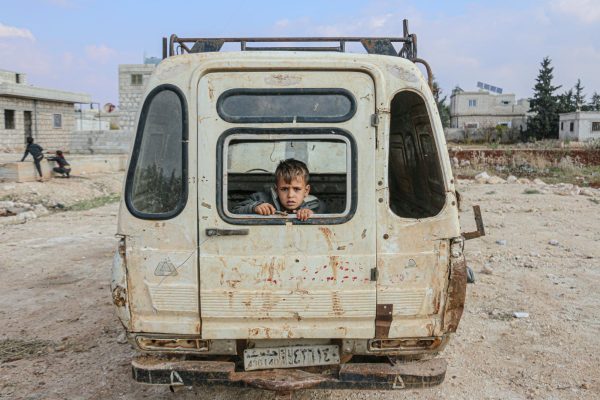The Opioid Crisis – A Serious Health Epidemic
Every day, more than 90 Americans die from opioid overdoses, according to the National Institute on Drug Abuse. The opioid crisis is beginning to become prevalent as a serious issue that needs to be faced, with public health officials who have called the opioid crisis the worst drug crisis in American history. According to CNN, more than two million Americans have become dependent on prescribed painkillers and street drugs. Last month, President Trump declared the epidemic a health emergency, stating that “we can be the generation that ends the opioid epidemic.”
Opioids are painkillers that replicate the properties of opium. This classification includes legal painkillers such as morphine, oxycodone, or hydrocodone as well as illegal drugs such as heroin and fentanyl. Opioids bind to receptors in the brain and the spinal cord, disrupting pain signals while also stimulating the reward areas of the brain by releasing the hormone dopamine, creating a “high.”
According to CNN, the number of opioid prescriptions given by doctors has increased from 112 million prescriptions in 1992 to 282 million in 2012, but it has since fallen to 236 million in 2016. The United States represents about 99.7% of the world’s hydrocodone consumption, according to the International Narcotics Control Board’s report in 2015.
The epidemic affects every state in the country, reaching from cities in California to Massachusetts communities and rippling through families and neighborhoods across the country. Featured in the New York Times, Sadie Campbell from Portland, Oregon, said “When I was introduced to OxyContin, I felt that I had found my relief. I had finally found something to calm my brain down. I had no idea that if I stopped using these pills, I would be left with more anxiety than I had ever felt.”
In another New York Times feature, Katie Harvey of Marblehead, Massachusetts, tells her story of a spiraling road of addiction, starting with anorexia, alcohol, and finally heroin: “I don’t know how I’m alive, honestly.”
In Roxbury, a neighborhood of Boston, parents of young children are concerned about their children’s exposure to addicts in what is called “Ground Zero” for the opioid epidemic in the city. In a WBUR segment, parent Toth Bernstein said, “this year the problem has gotten worse because we see a lot of people as we’re walking from school, and it’s not the needle. It’s the people actively using drugs.”
“It breaks my heart to see so many of my young children are coming to school starting their day off watching people get revived and seeing the ambulances come and try to save their lives,” crossing guard Karen Perry said.
On October 26th, President Trump declared the opioid epidemic a national public health emergency, stating “As Americans, we cannot allow this to continue. It is time to liberate our communities from this scourge of drug addiction. Never been this way. We can be the generation that ends the opioid epidemic. We can do it.”
Trump directed Health Secretary Eric Hargan to declare a public health emergency under the Public Health Services Act, which means that no addition federal funding will immediately be directed to the crisis, but federal agencies will be directed to devote more grant money already in their budget to the problem. Trump also stated he would like to implement a “really tough, really big, really great” advertising campaign to young people like Reagan’s “Just Say No” campaign in the 1980s and 1990s.
Trump’s order will last 90 days and can be renewed until he believes it is no longer needed. New Jersey governor Chris Christie said of the Trump’s declaration: “I commend the President on the bold action he is taking today by adopting the first recommendation.”
Former Representative Patrick Kennedy of Rhode Island is worried that Trump is doing this for photo-ops: “I’m just speaking as an advocate, in this fight every single day as someone who is in recovery and someone who is an advocate. We don’t want any more visits to rehab centers and photo-ops, saying how courageous we are. Enough already. We want to save lives.”









